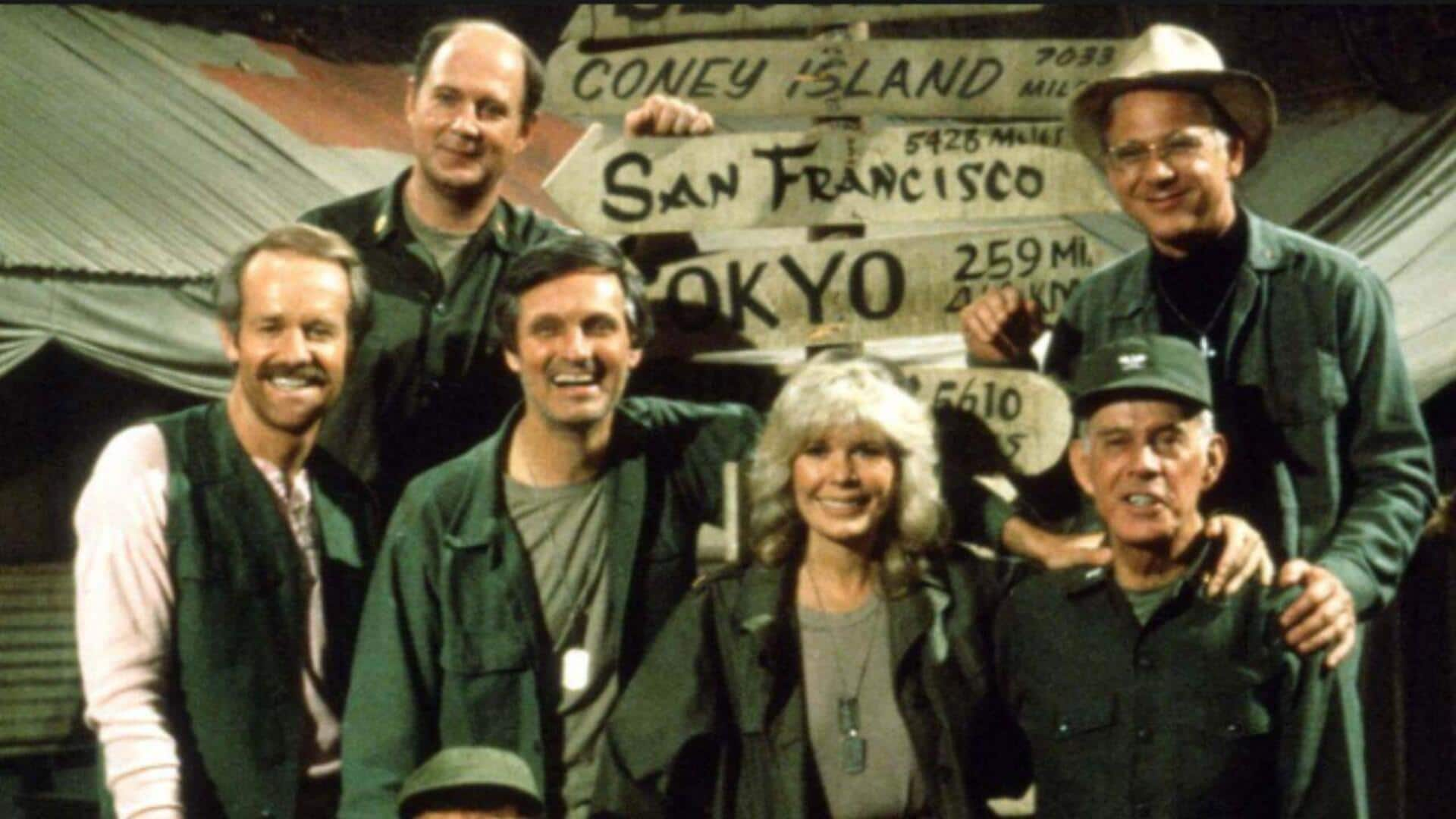
5 shocking facts about 'M*A*S*H' every fan should know
What's the story
Everybody loves M*A*S*H, the iconic TV series. Set against a pivotal historic war, it had a perfect blend of humor and drama. While most fans know the main plotlines of the show, few would know the behind-the-scenes details that add to the legacy of M*A*S*H. Here's a look at some of those fun facts that make M*A*S*H even more special.
True stories
The real-life inspiration
The series was inspired by real-life experiences of medical personnel. The original book, written by Richard Hooker, drew from his own experiences as a surgeon. This authenticity added layers to the storytelling, making it resonate with audiences who appreciated its genuine portrayal of human emotions amidst challenging circumstances.
Cast dynamics
Cast chemistry on and off screen
The chemistry between the cast members was also a key factor behind the show's success. Alan Alda, who played Hawkeye Pierce, frequently worked closely with his co-stars to ensure that scenes felt natural and gripping. This camaraderie went beyond the screen, too, creating an atmosphere where creativity flourished and led to unforgettable performances.
Theme music
Iconic theme song's unique origin
The theme song for M*A*S*H, Suicide Is Painless, has an interesting backstory. It was originally composed for M*A*S*H's film version by Johnny Mandel with lyrics by director Robert Altman's son Mike Altman. Despite the somber title, the instrumental version became iconic. Its haunting melody perfectly complemented the show's tone.
Production hurdles
Filming challenges in California
Though set in Korea, M*A*S*H was primarily filmed in California's Malibu Creek State Park. The production team had difficulties recreating Korean landscapes, as they had to navigate unpredictable weather conditions, such as rain or extreme heat. These challenges necessitated creative solutions to preserve continuity and authenticity throughout filming.
Legacy influence
Impact on future television shows
M*A*S*H left an indelible mark on television history by blending comedy with serious themes effectively—a formula other successful shows like Scrubs later adopted. Its innovative approach paved new paths for storytelling within TV dramas, while influencing generations of writers who sought a similar balance between humor and heartache without compromising either element's integrity or impact on viewers's lives over time.